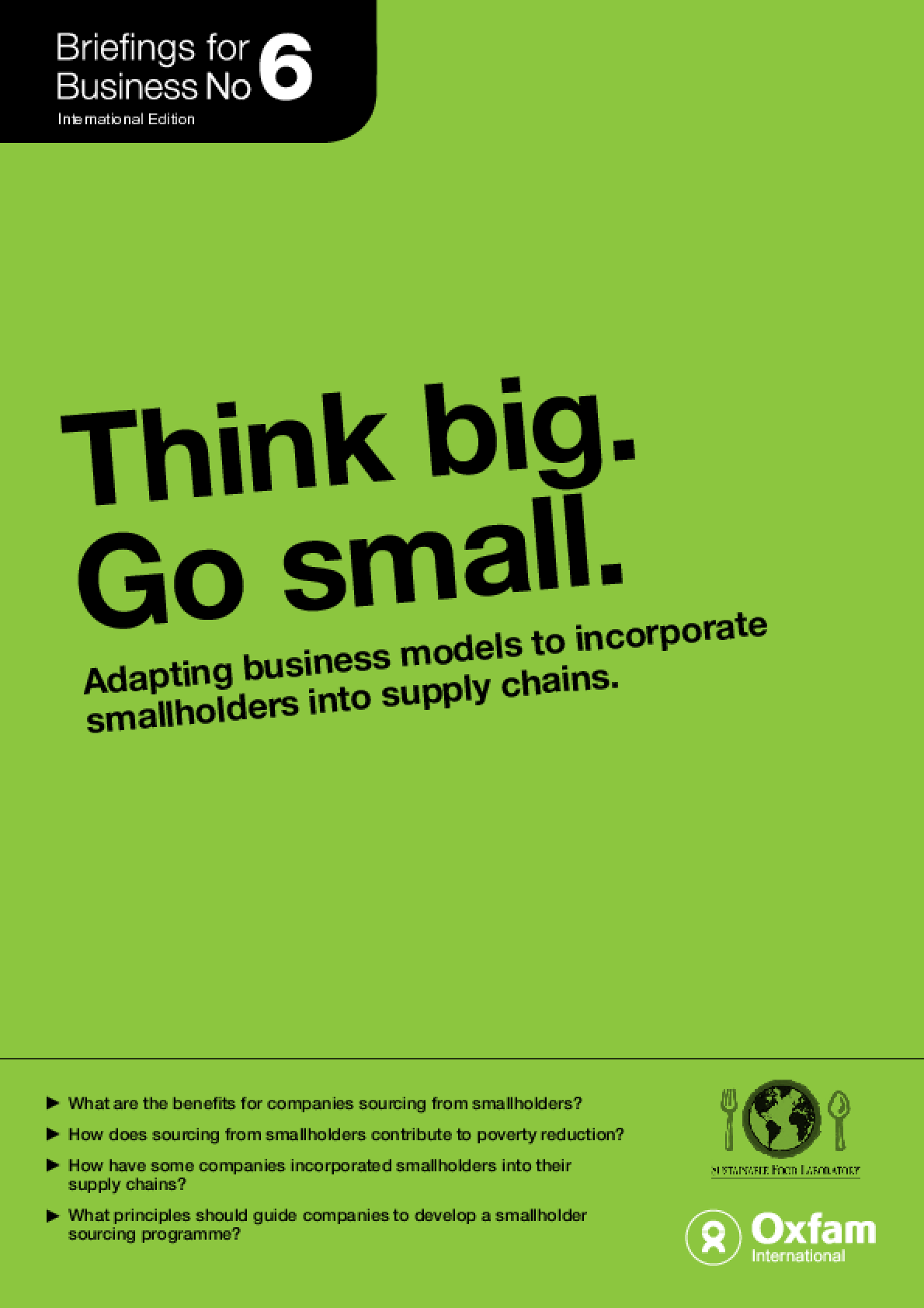Contract farming of swine in Southeast Asia as a response to changing market demand for quality and safety in pork
"Contract farming is conventionally thought of as a form of industrial organization that helps to overcome high monitoring, supervision, and environmental mitigation costs incurred from ensuring a reliable and uniform-quality supply (from the standpoint of integrators) and high capital and small-scale input and service purchase costs (from the standpoint of individual farmers). But contract farming is also a private sector vertical coordination response to the changing demand for certifying the use of quality inputs to produce quality outputs and of safe production procedures.










